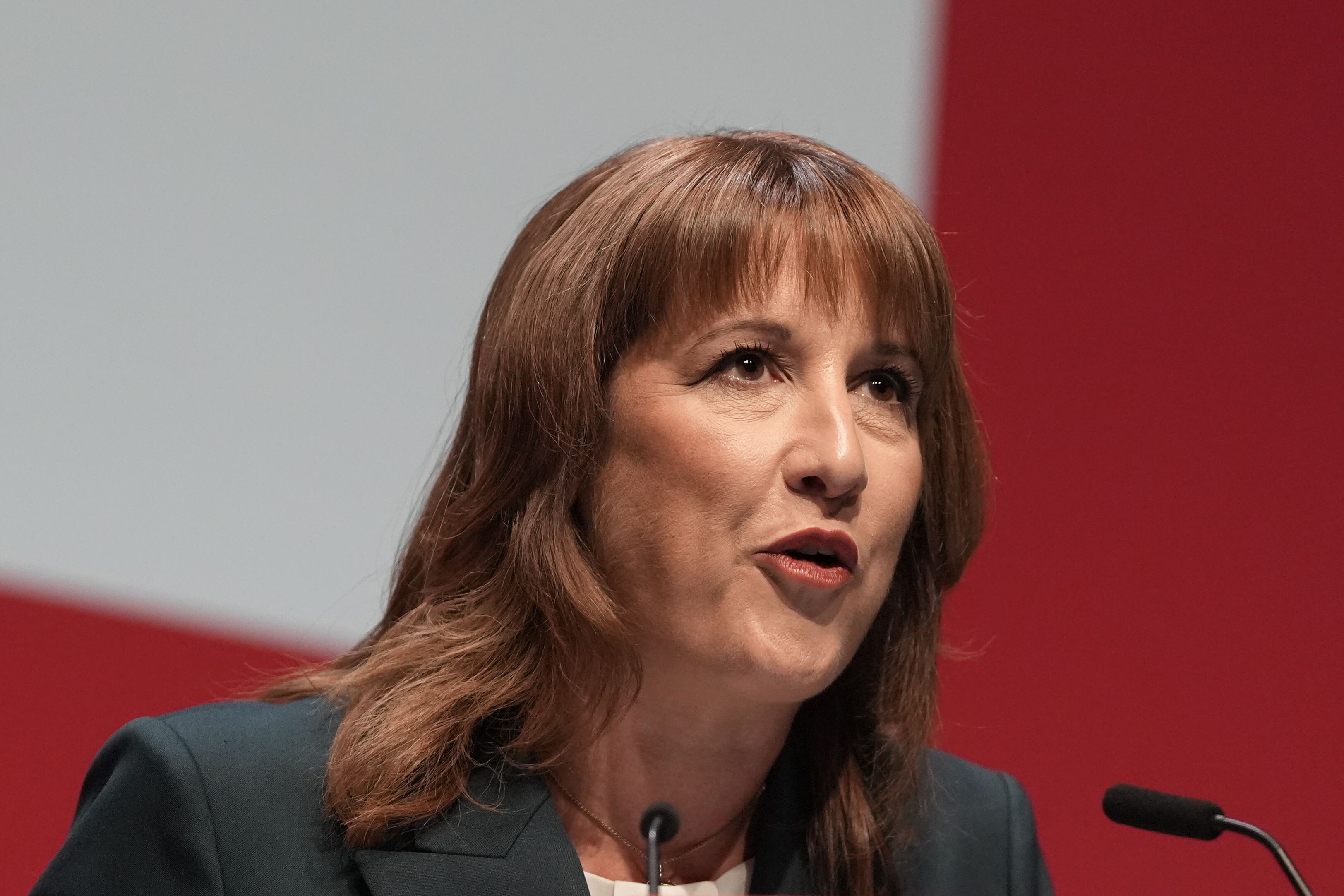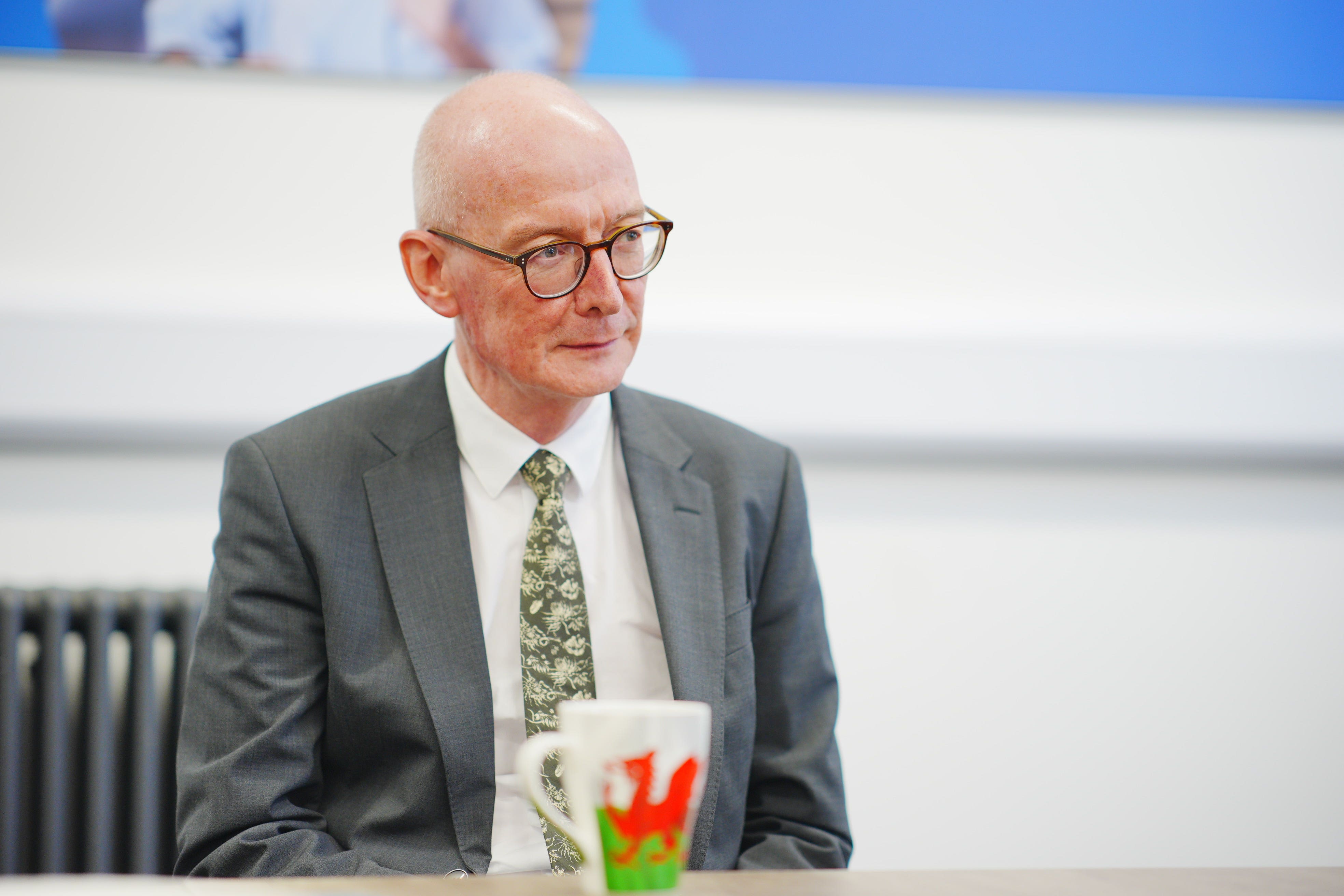Millions of benefit claimants are set to receive an above-inflation income boost next year as September’s inflation rate reveals the exact amount Universal Credit will rise by.
Following legislation laid by the government in July, all eight million Universal Credit recipients will see the standard rate increase by 6.2 per cent. For a single person over 25, this will be a £6 per week increase, rising from £92 to £98.
For couples with one or both partner over 25, it will be an increase of £9 per week, rising from £145 to £154. The new payment rates will come into effect in April 2026.
As part of its welfare reforms in July, the government announced that the standard rate of Universal Credit would receive an above-inflation increase every year until 2029.
How much will Universal Credit rise in April 2026?
The standard rate of UC is set to rise by 6.2 per cent for all claimants next year – here's what that means for claimants
- Single, under 25: £316.98 pcm to £336.63 pcm (+£19.65)
- Single, over 25: £400.14 pcm to £424.95 (+£24.81)
- Partners, both under 25: £497.55 pcm to £528.40 (+£30.85)
- Partners, one or both over 25: £628.10 pcm to £667.04 (+£38.94)
The rate is worked out by adding headline inflation (CPI) for the previous September to a fixed percentage, set at 2.3 per cent for next year. The announcement that CPI held steady at 3.8 per cent last month means that the final uprating should be around 6.2 per cent.
Most other benefits should be uprated by September’s inflation rate alone, increasing by 3.8 per cent.
While this will be a welcome boost to millions of Universal Credit recipients, the Resolution Foundation has said that the expectation-beating inflation figure has come at the “wrong time”.

Lalitha Try, Economist at the Resolution Foundation, said: “Price rises held steady at 3.8 per cent last month – a welcome downside surprise on inflation – but this unfortunately comes at the wrong time for millions of families receiving benefits.
“September’s inflation rate will be used to calculate benefit uprating in April next year, meaning that a single adult aged 25 and over receiving Universal Credit will see a nearly £6 a week boost to their standard allowance – less than if inflation had been four per cent as forecast.”
The major rise to the standard level of Universal Credit will also be offset by a significant cut to the rate at which the health-related element of the benefit is paid.
For existing claimants of this element, the additional rate will be frozen at £97 a week until 2029/30. For new claimants, it will be slashed almost in half to £50 a week. These claimants will still receive the boosted standard allowance.
James Taylor, director of strategy at disability equality charity Scope, said: “The government should uprate benefits with inflation. Disabled people don’t want to see their value erode even further.
“Life costs more if you are disabled – on average an extra £1,095 per month. At a time when energy prices and cost of living are sky high, cuts to the health component will create an unfair, two-tier system where some disabled people receive more support than others.”

The changes come as part of the welfare reforms brought in by the Labour government in July, which were watered down following a damaging U-turn over proposals to tighten the eligibility for the Personal Independence Payment (PIP).
Commenting on September’s inflation figure, Chris Belfield, chief economist at the Joseph Rowntree Foundation (JRF), said: “The majority of people on Universal Credit cannot afford essentials like food, heating and basic toiletries. That will remain the case despite an increase of around 6.2 per cent to the standard allowance in Universal Credit, which still leaves a single adult with only £98 per week.
“It’s not enough to tweak the system each year if the result is still far from a level people should be able to expect if they need support in hard times. The standard allowance, the basic rate that people on Universal Credit receive, should enable people to afford life’s essentials. But it has never reflected what those essentials actually cost.
“We need an independent process to recommend a standard allowance that reflects what people need to get by. This would significantly strengthen our benefits system’s ability to protect people from hardship when they need it most.”
Welsh Budget could increase risk to public services, warns IFS
Farage appears in Commons gallery as ‘mere spectator’ at PMQs
New law proposed to give King power to strip Prince Andrew of his dukedom
New inflation rate relief for Reeves ahead of Budget: Live
Universities warn Starmer: Evacuate Gaza scholarship students or they will miss out
Prince Andrew at risk of Royal Lodge eviction over ‘collapsed business deal’: Latest







